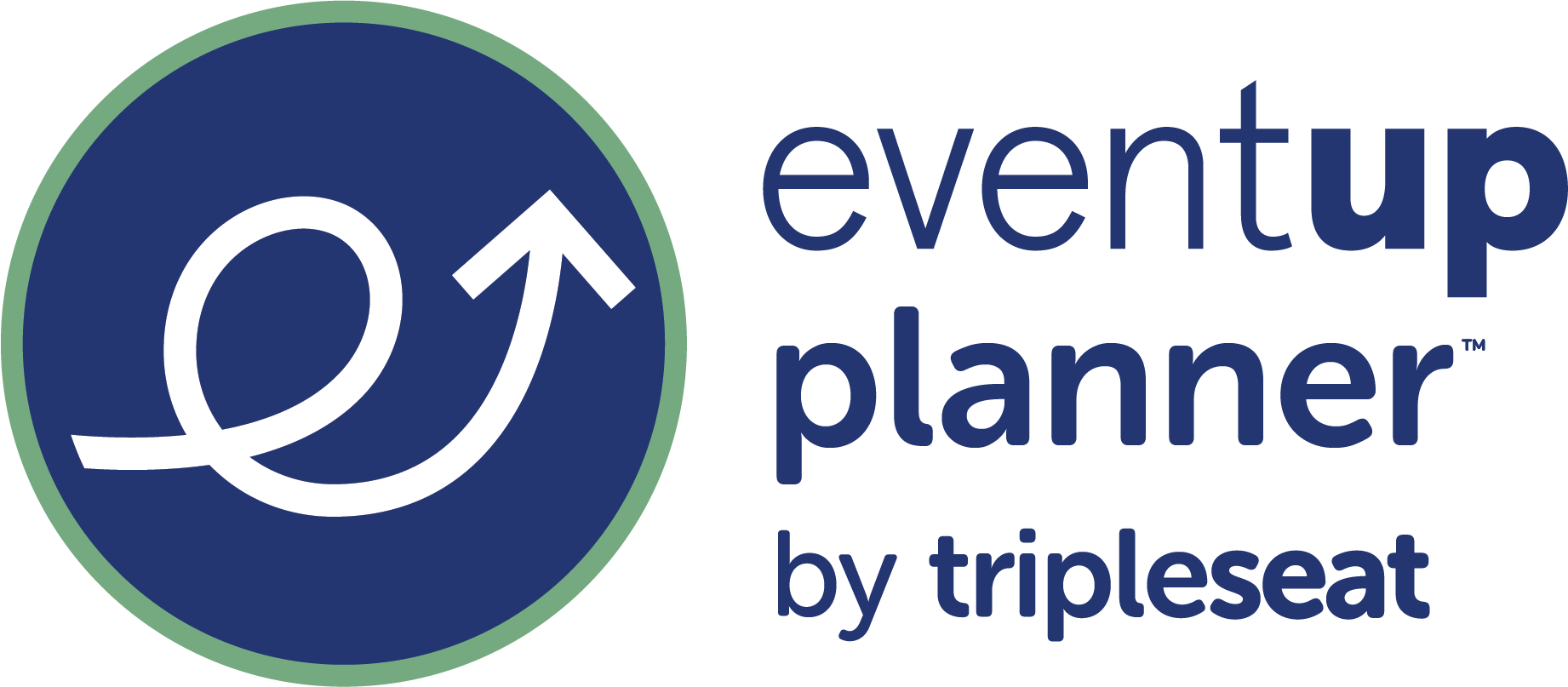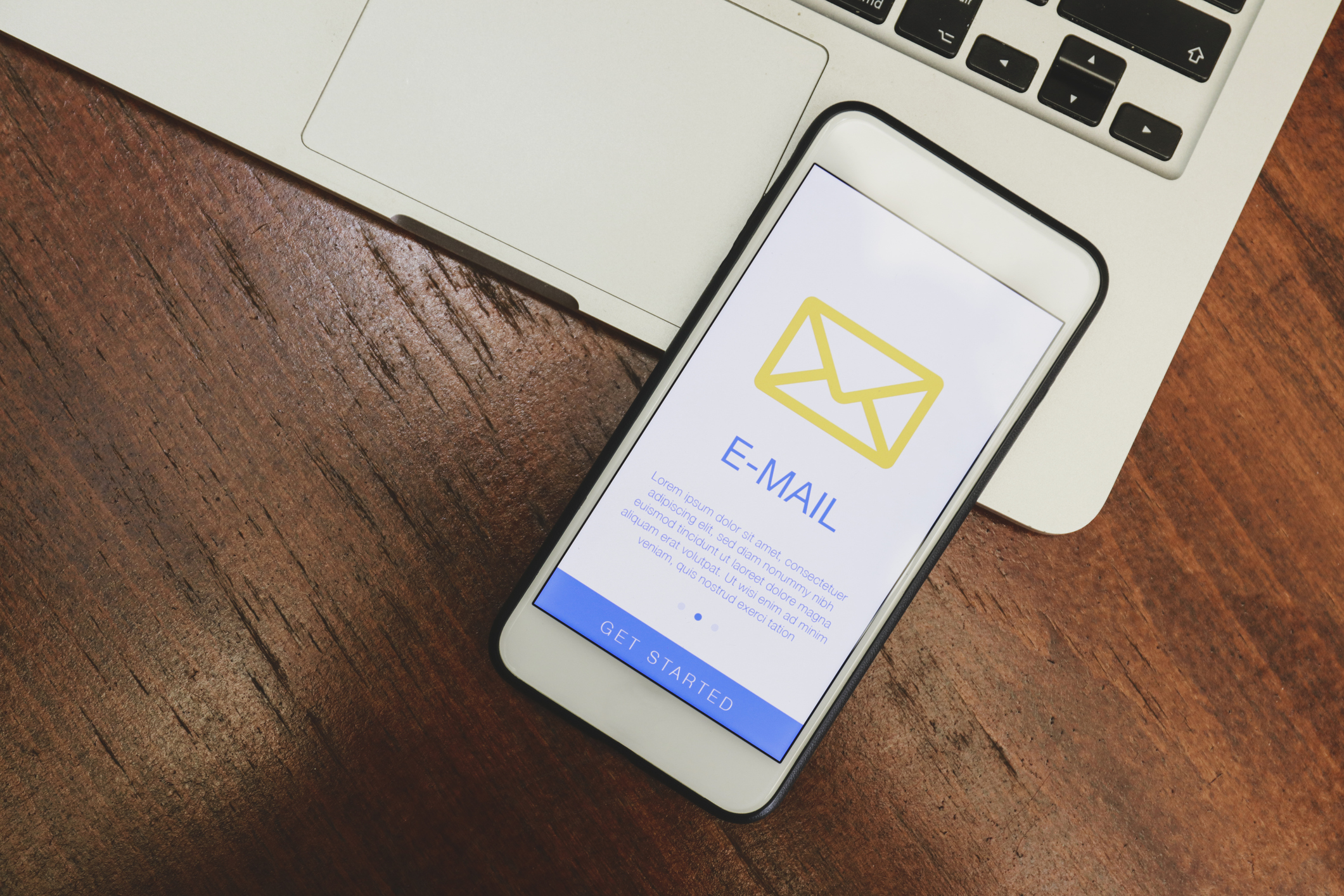Planning and executing a corporate events program is no simple task.
From managing registration lists and building an event website, to scheduling sessions and marketing the event… the logistics never end. Many corporate event managers quickly become overwhelmed by having to jump between so many different tools and tedious manual processes.
Does this sound familiar? If so, you’re not alone!
While event management software has become increasingly popular, convincing stakeholders to invest in an all-in-one platform can be an uphill battle. Decision-makers may be hesitant due to perceived costs or be skeptical about the real benefits.
The truth is, implementing the right event software saves your team significant time and money in the long run.
By the end of this post, you’ll have a clear understanding of the key advantages of using event management software and how to make a compelling case to your leadership team. Let’s dive in!
The Hidden Costs of Not Using Event Software
While continuing to rely on manual methods and disconnected tools may seem like the path of least resistance, there are substantial hidden costs to this approach.
Let’s take a look at some of the biggest drains on resources and missed opportunities:
1. Lost time and productivity
Team members’ time and productivity take a major hit when they have to jump between various platforms for different event tasks. These inefficient workflows can lead to wasted hours and increased frustration.
2. Increased third-party fees
Beyond that productivity loss, paying for multiple third-party tools like social media and email marketing services, event website builders, and other one-off platforms can really add up. Those fees really cut into your event’s budget.
3. Greater likelihood of manual errors
With so many manual processes involved, it’s easy for important details to slip through the cracks. One missed deadline or last-minute fire drill can derail your entire event. Not only does this look unprofessional, but missed opportunities have real impacts on revenue.
4. Missed revenue opportunities
Speaking of revenue, having no centralized system to track attendee registrations, check-in rates, and event participation metrics means leaving money on the table. You’re shooting in the dark without good data to guide decision-making.
5. Employee burnout and high turnover rates
Ultimately, these inefficiencies contribute to employee burnout and high turnover/low retention rates on events teams. Constantly struggling with tedious tasks makes it tough to stay engaged and motivated.
The real hidden cost? Being outpaced and out-performed by competitors using new technology to run lean, insight-driven programs that wow attendees.
| GO DEEPER: 5 Ways to Streamline Your Corporate Event Planning |
Is Event Software Worth It? A Look at the ROI
The hidden costs of relying on manual processes and disconnected tools are substantial. But an all-in-one event management platform like EventUp Planner eliminates these drains on company resources while driving greater ROI.
In the next sections, we’ll dive into the specific ways EventUp Planner saves your company valuable time and money.
How event management software saves your team time ⌚️
One of the biggest time drains for corporate event managers is juggling multiple different tools and platforms for every event.
EventUp Planner eliminates this inefficient juggling act by centralizing every core planning process into an all-in-one event command center.
- With simple drag-and-drop design tools, creating on-brand event websites and email campaigns is a breeze. No more wrestling with code!
- Save hours of manually building and revising your event schedule. Instead, drag and drop sessions, speakers, and rooms for your meeting or event. Catch scheduling conflicts in real-time and automatically push schedule changes to your website, mobile event app, and more.
- Easily monitor sign-ups without clunky spreadsheets—our live registration tracking dashboards have you covered.
- The ability to clone and replicate previous events and brand assets makes it easy to whip up new events on the fly.
By consolidating every core event planning workflow into one modern platform, your team will regain significant chunks of their workweek. No more wasted time or headaches juggling various tools—just simple efficiency from start to finish.
| READ MORE: How to Conduct a Needs Assessment to Find the Best Event Planning Software |
How event tech saves money in the long run 💰
Say goodbye to paying fees for multiple third-party tools and platforms. With EventUp Planner’s all-in-one capabilities, your budget goes further.
- No need to hire expensive outside designers and developers. Your in-house team can easily create beautiful, on-brand websites and emails with our simple drag-and-drop tools.
- Our fair pricing model beats paying per-registration fees that quickly add up for large events. With EventUp Planner, you can run unlimited events for one flat fee, making it a great choice for teams hosting multiple events at once.
- Streamlining inefficient manual processes also cuts labor costs. Let automation and templates handle tasks like scheduling, reminders, check-ins, and reporting.
- Speaking of reporting, centralized data on registrations and attendance unlocks new revenue opportunities through insights on your biggest draws and gaps! Insight-rich KPIs are your best friends.
- As your events program grows, EventUp Planner allows you to effortlessly clone previous events without the redundant setup time. It’s never been easier to expand your reach and scale up your corporate events program.
By consolidating everything into one cost-effective solution, the efficiencies gained allow the savings to stack up over time.
| CHECK OUT: How to Bring Event Costs Down Using Corporate Meeting Planning Software |
Event Management Software Cost: Making Your Case to Stakeholders
When pitching an event management platform to key stakeholders, take a strategic approach to build a strong business case.
➡️ First, frame event tech as an investment, not a cost. An event management platform isn’t just an expense—it delivers quantifiable return on investment.
➡️ Quantify the potential cost and time savings to get buy-in. Crunch the numbers on inefficiencies eliminated, labor optimized, and revenue opportunities unlocked.
➡️ Emphasize the competitive disadvantage of sticking with manual methods. Your corporate events can’t afford to fall behind more efficient competitors.
➡️ If using legacy systems, note the opportunity costs of not modernizing. The costs of inaction add up quickly.
➡️ Suggest a pilot program to demonstrate the value before broader rollout. A trial makes the benefits tangible.
➡️ Inquire about flexible pricing and implementation options to find the right fit for your organization’s needs and timeline.
By coming prepared with real metrics and a step-by-step plan, you’ll be positioned to get stakeholder alignment on event management technology.
| READ MORE: Everything You Need to Know About Event Management Software Pricing |
Maximize Your Event ROI With the Best Event Planning Software
The advantages of using a modern event management platform are clear:
- Streamlined efficiency
- Richer data insights
- Substantial time and cost savings
… and the ability to effectively scale your corporate events program. 🚀
Bottom line: by consolidating every core event workflow into one platform, EventUp Planner eliminates wasted time and missed opportunities. It’s the smart long-term investment to save time, reduce costs, and deliver maximum impact from your events strategy. Schedule a demo today to experience the EventUp Planner difference!









![[INFOGRAPHIC] The Real Value of An Integrated Event Management Platform](http://eventupplanner.com/wp-content/uploads/2021/02/screenshot-scaled-1-1200x585.jpg)
